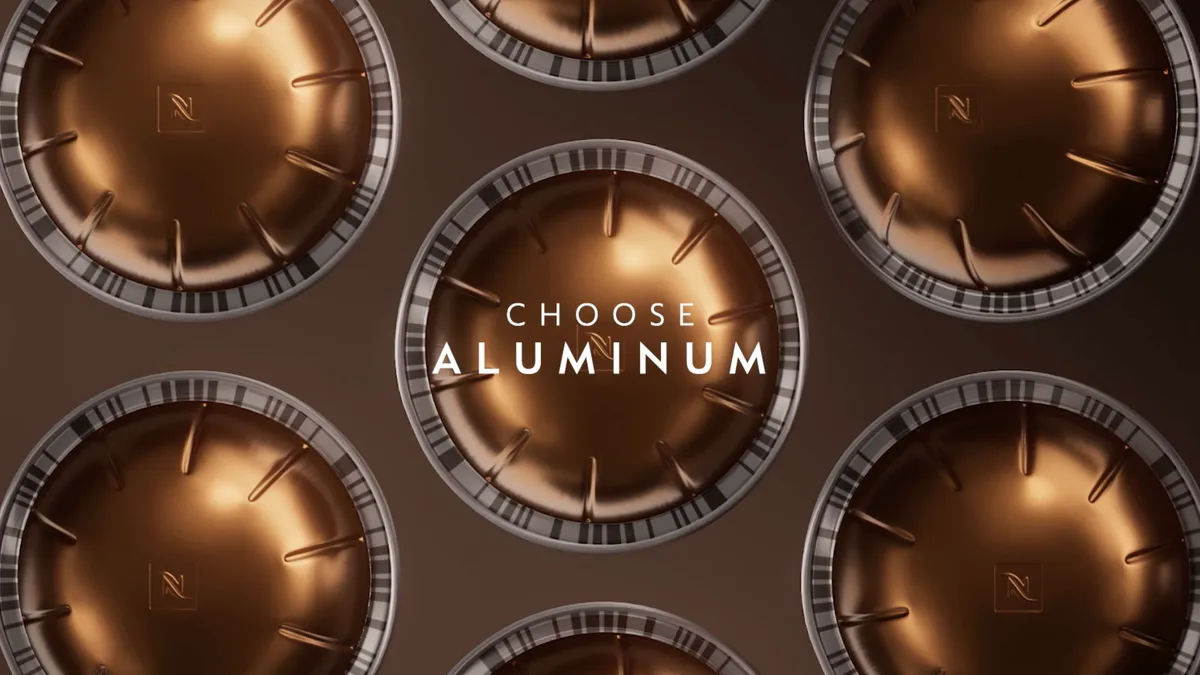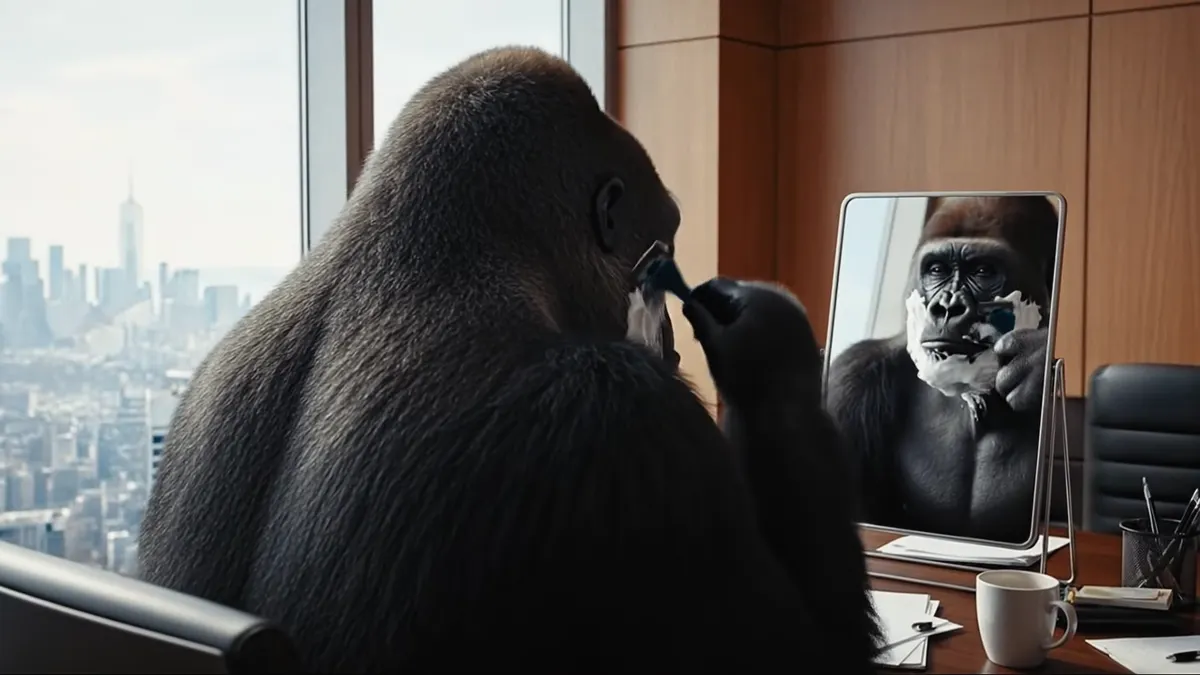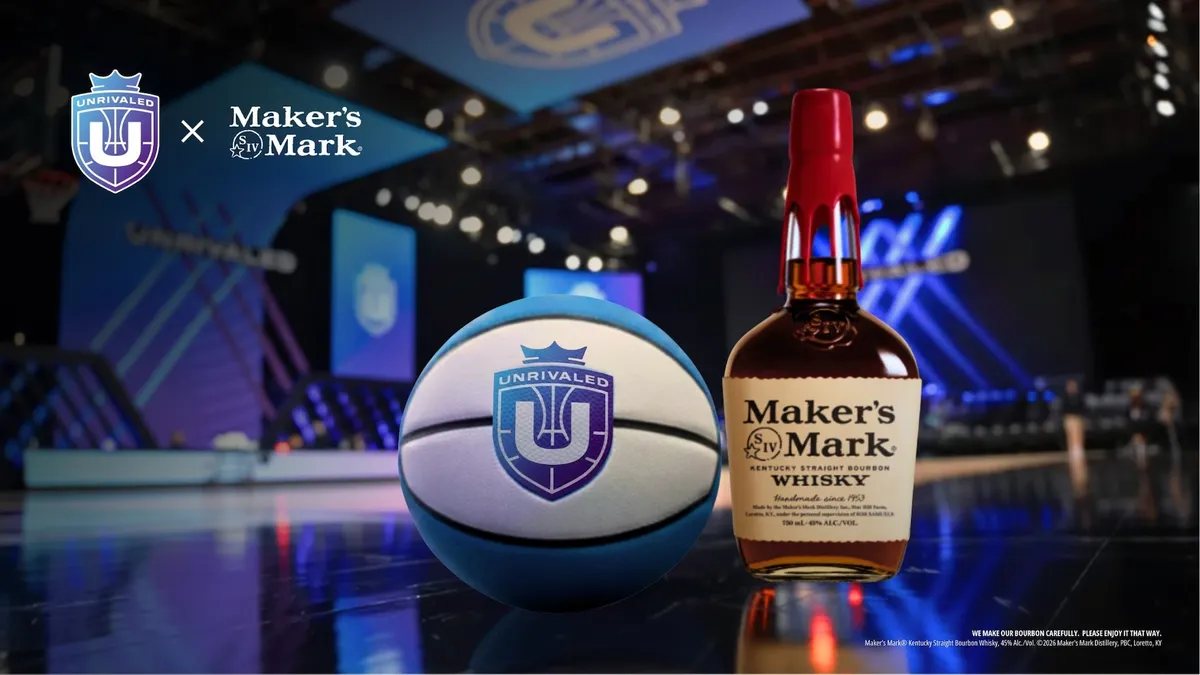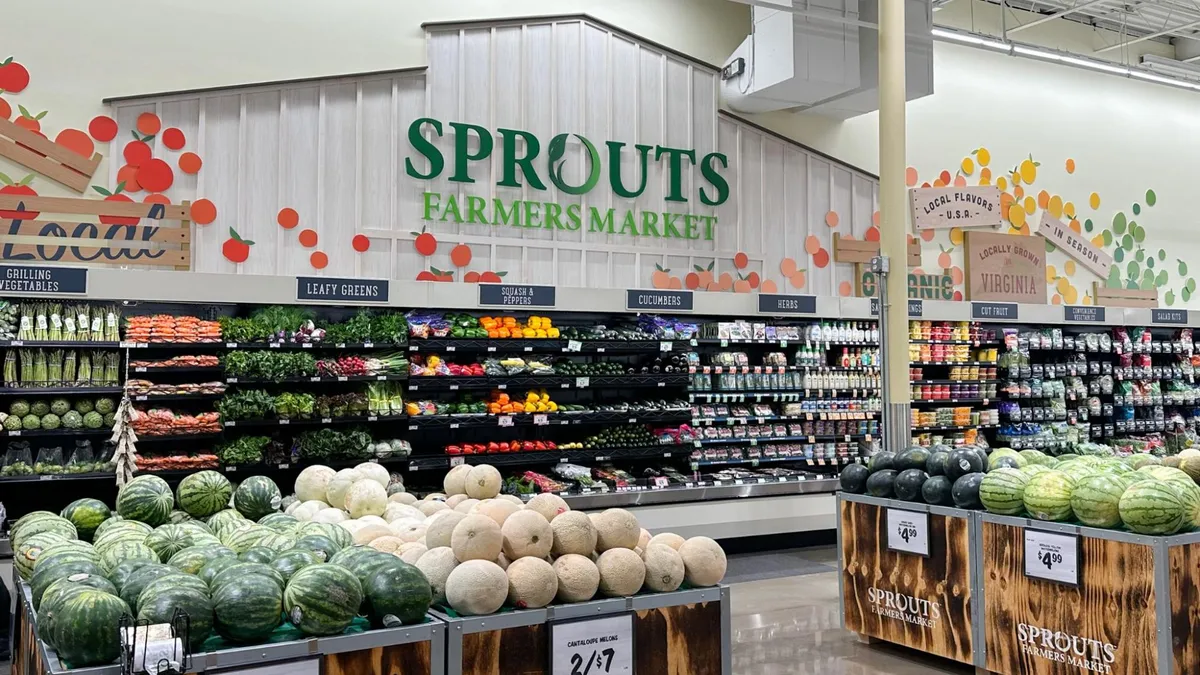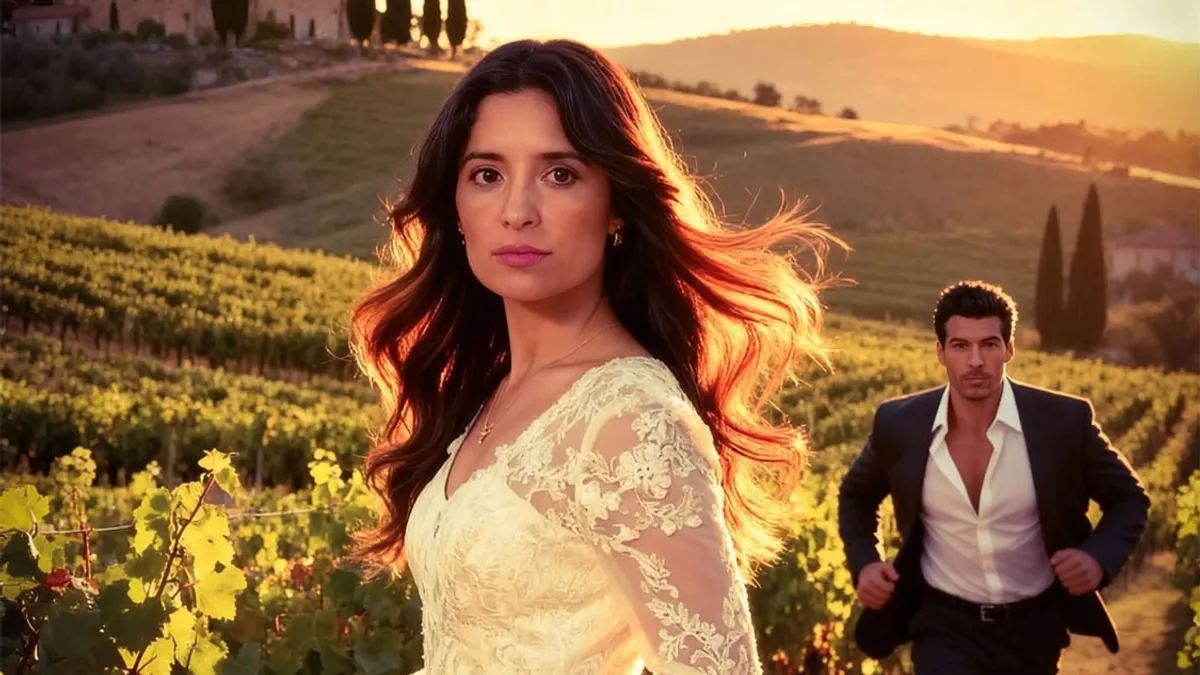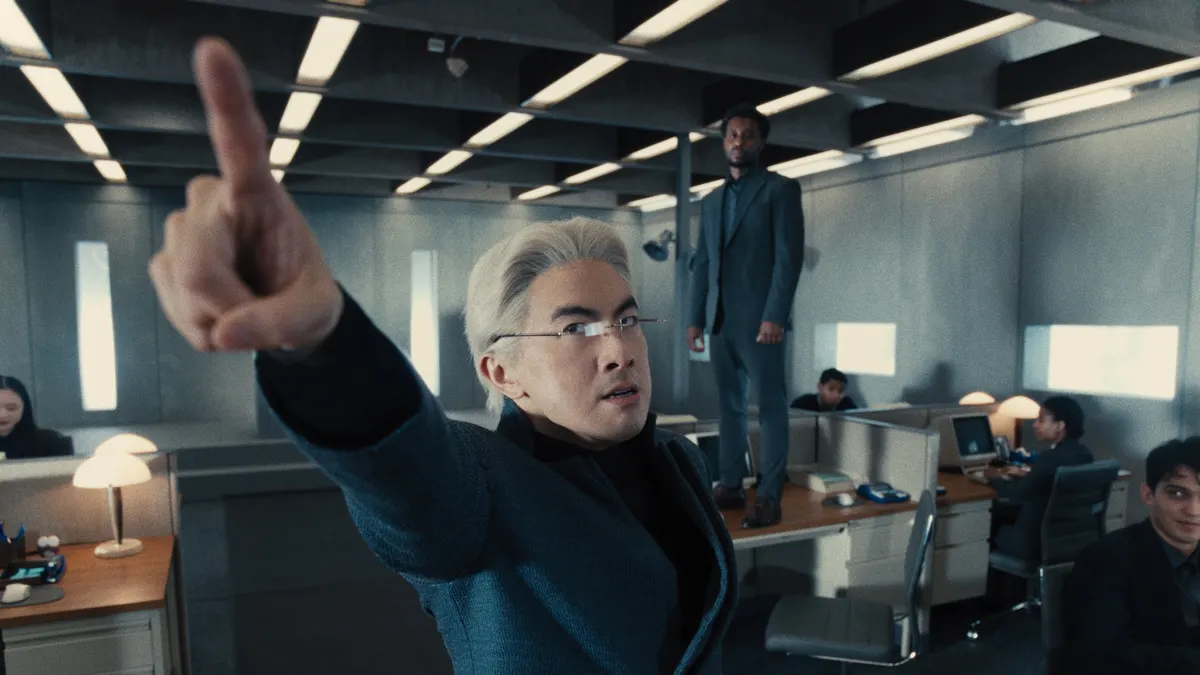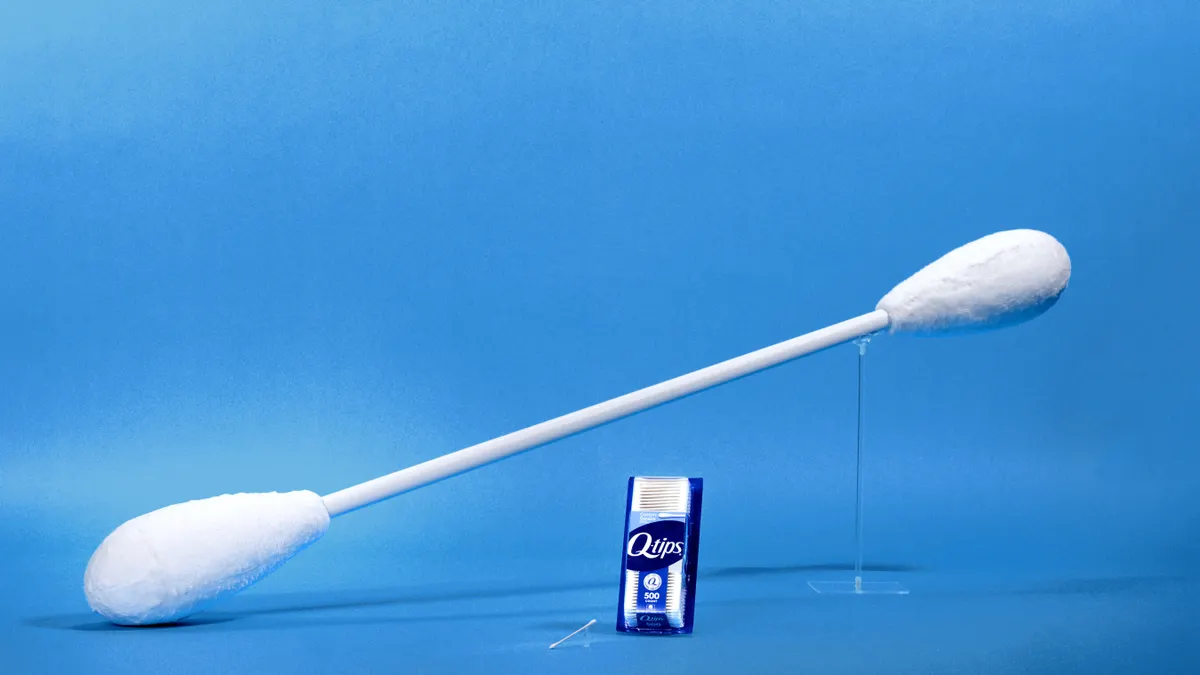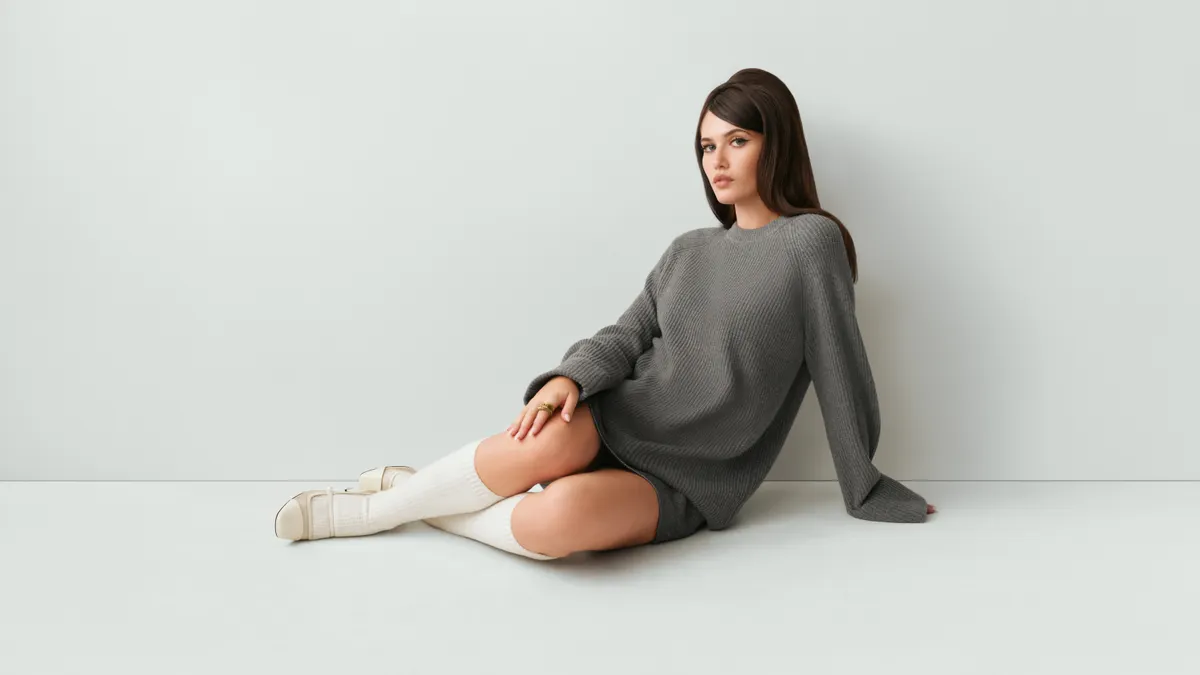NEW YORK — Environmental, social and governance (ESG) programs are at an inflection point as brands come under pressure from activists to keep out of increasingly politicized areas. Nespresso USA, the Nestlé-owned coffee machine marketer, has stayed the course on making sustainability a core part of its positioning despite the brewing backlash. Last year, the company promoted brand and communications director Jessica Padula to the dual role of vice president of marketing and head of sustainability, a job with duties that can sometimes seem at odds.
“You want to force everything into a marketing campaign when, in fact, it really shouldn’t be. Part of my job is actually saying yes or no,” said Padula. “There are things we’re going to communicate and there are some that we’re just going to do and we don’t need to get credit for it right now.”
Nespresso, which has not been immune to criticisms over its use of disposable coffee pods, is placing renewed focus on materials in its marketing. A campaign launched during Climate Week NYC in September spotlights Nespresso’s decades-long history of using aluminum packaging, a material that is easier to recycle than plastic but can be energy intensive to produce.
The company on Thursday also announced a partnership with Vital Proteins, another B Corp-certified brand, to launch a wellness pack that is being promoted with fitness expert Rad Lopez and Drew Barrymore, who will feature the product on her talk show. Marketing Dive sat down with Padula during Advertising Week New York, at Nespresso’s New York headquarters, to dig deeper on fostering loyalty and navigating the complexity of sustainability in 2024.
The following interview has been edited for clarity and brevity.
MARKETING DIVE: I couldn’t make your Advertising Week panel. Tell me about what you were discussing with the Female Quotient.
JESSICA PADULA: The topic was about building a brand customers love, which for Nespresso is near and dear to our hearts. I was on a panel with Samsung and Snapchat, well-known consumer-facing brands. I think Nespresso and maybe coffee, as a category, is particularly unique because it’s an everyday consumption moment. If we’re doing it right, we’re being a part of every single day, which is maybe likened to your phone and unlike many other CPG or even FMCG categories.
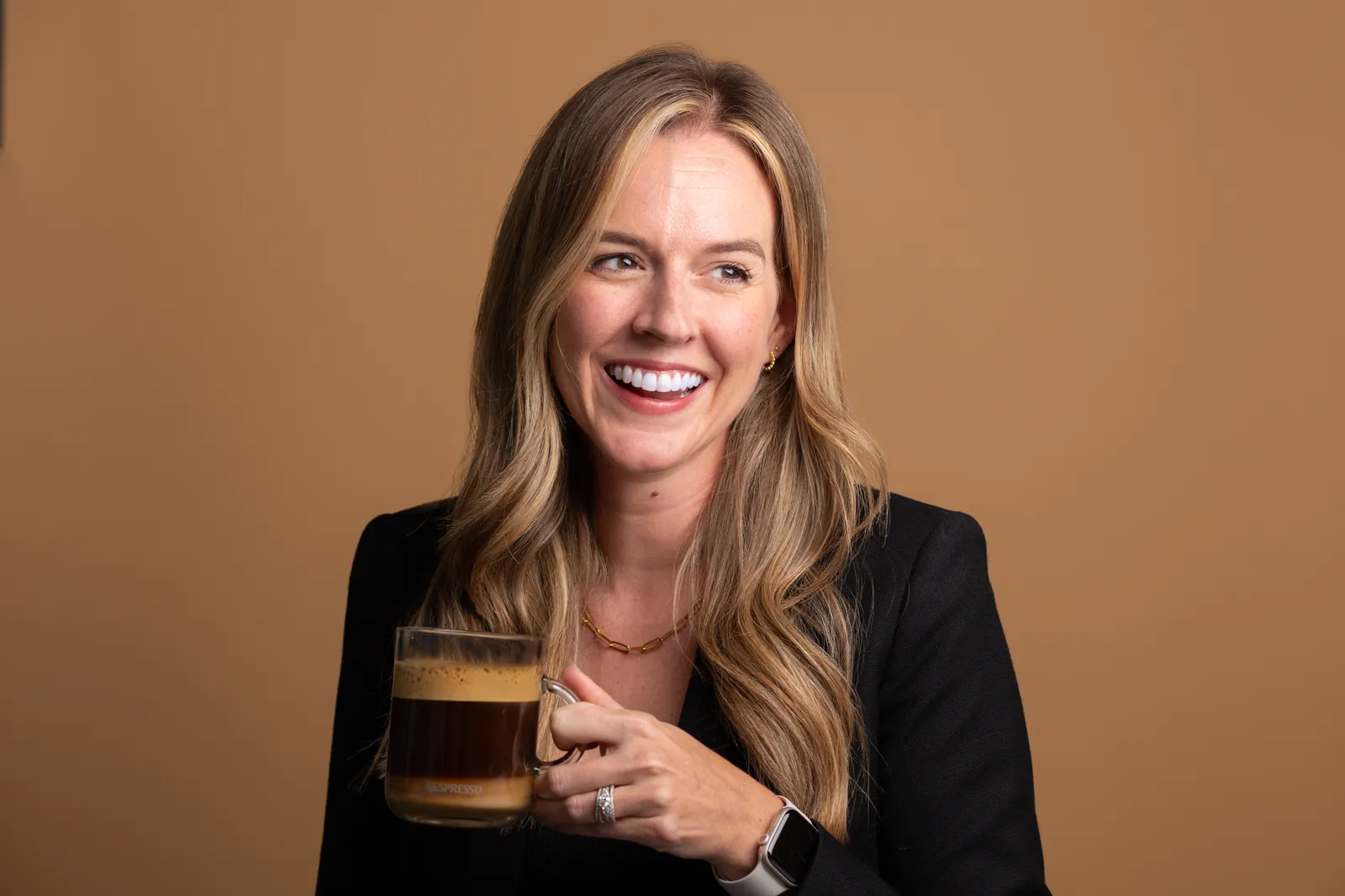
The other piece of Female Quotient that’s really important to us is they’re focused on empowerment and equity. That’s something that, as a purpose-driven brand, we want to over-index in and talk from that lens — not just about our case studies as a business. Consumers don’t always know [about that] and I think that’s a bit of a harder story for us to tell.
What do you view as important to maintaining loyalty that's different from when you started?
I’ve been at Nespresso almost nine years, but it has changed significantly. One of the things that’s true — and this actually came up on the panel yesterday — is we’ve always been a direct-to-consumer brand and we’ve always done it in a way that’s high touch, similar to a luxury brand, even though we sell a commodity product. In the past five to 10 years, the capabilities you have with digital, CRM and sophisticated personalization continue to deliver on that luxury expectation.
As a DTC brand, we have the benefit of having so much consumer data about what they’re buying, sometimes what they’re consuming if they have a Bluetooth-connected machine, we’re able to start to talk to them as real human beings, not just as a number in our database. We’ve never really sold through third-party retail and trade where there’s this intermediary between you and your end consumer. We’ve always had that one-to-one [relationship], which fundamentally changes our approach to business.
What are some of your takeaways from Climate Week this year? Because the conversation around sustainability in marketing has changed quite a bit compared to a couple of years ago.
It’s funny because it happened at Climate Week and at Adweek’s Brandweek, the same exact conversation around DEI and ESG and how it integrates with marketing strategy. My role continues to be pretty unique in that I lead both marketing and sustainability for the brand. When we talk about sustainability, it’s not like something we just did in the past five years. It’s fundamentally 30 years in the making. We’re working with not just ourselves to try to be sustainable, but a ton of nonprofit partners and NGOs who know how to do things better than we do. We are not farmers, but we need to support farms to make sure that we protect the land and can continue to grow and sell coffee in the future. They go so hand-in-hand, it’s not altruistic.
That [backlash] trend doesn’t surprise me because I think there was a wave, post-pandemic, for brands to focus a lot on ESG and DEI, and in some cases that was not authentic to the roots of the company. If you’re able to tell the authentic story, then consumers are looking for values alignment.
[Sustainability] doesn't have to be your top-level campaign. [Consumers] have to see that you act that way, and that’s in everything you do beyond marketing campaigns, which is why I think my role connecting the dots between the two can be tricky.
You took on the dual role of sustainability and marketing last year and you mentioned you've been here almost a decade. How else has that role changed your job?
I like to say that everything I learned about sustainability, I learned on the job at Nespresso. We’re a B Corp-certified company. That isn’t because we aspired to become B Corp-certified, but rather the actions we’ve taken for 30 years.
Sustainability was set up for so long as doing less bad in the world as a business: Offset your emissions and do less harm. Marketing can tell the story of how you move from less bad to more good. The other thing is that a lot of sustainability leaders are not marketers. Many of the things I sat in on during Climate Week were very complex, difficult and technical topics. Because I don’t have a school education in those things, I’ve often had to say: Pause, break it down for me, help me understand. In many ways then, I’m actually like a consumer, because consumers don’t always understand the depth of that unless they’re a very niche audience.
As a marketer, I’ve had to challenge myself. Once you get to a certain level in your marketing career, you’re like, “I know how to do this, I just have to stay on top of new technologies and I’m good.” Sustainability has made me stop and have to learn things from the ground up again, but then apply my marketing skills to be able to translate complex topics into something that’s digestible.
In terms of things where you’ve had to take a step back, can you give me some examples?
Anything about Scope 1, 2 and 3 emissions. It’s funny to think that we expect consumers to understand these things in some ways. I really commend a brand like Allbirds that printed the CO2 emissions on the inside of the shoe. They’re not just trying to get credit for that, they’re trying to teach their consumers.
My role is also really focused on the end of life of capsules and machines. I have had to learn so much about how recycling companies make money in the U.S., because we’re trying to motivate the recyclers to accept our capsules into their system so that you can recycle curbside. You can do that in New York. That took an investment with, not just the city of New York — DSNY [NYC Dept. of Sanitation] helped us — but a third-party company that does the recycling for New York City. We have to understand how they make money and what materials are more valuable for them in order to understand where aluminum and coffee grounds might fit into their business model. Maybe I’m silly, but I never thought of recycling as a business. I thought of it as a public service as a consumer. I’ve learned a ton of really technical [information] about how glass, plastic and metal get recycled, how they commingle, what that looks like, and then the business side of waste, which is not something you learn as a marketer but is a whole industry unto itself.
Nespresso’s campaign around Climate Week was very focused on the aluminum component and the brand’s heritage there. Has this new role changed how you work with internal teams like packaging or product design?
It hasn’t changed as much as it’s opened new lines of communication. A good example is our Relove refurbished machine program. We are always looking at the next exciting machine innovation that’s coming out, but one of the questions that may not get asked if you’re purely a marketing or a salesperson on the commercial side is: If someone wants to upgrade their machine, what happens to their old machine? My role has made me connect those dots. I might want to sell [consumers] a new machine and upgrade them, but I also have to think about the end of life of their current machine. Are we serving the customer and are we serving the planet at the end of the day in this consumerism world that we live in?


